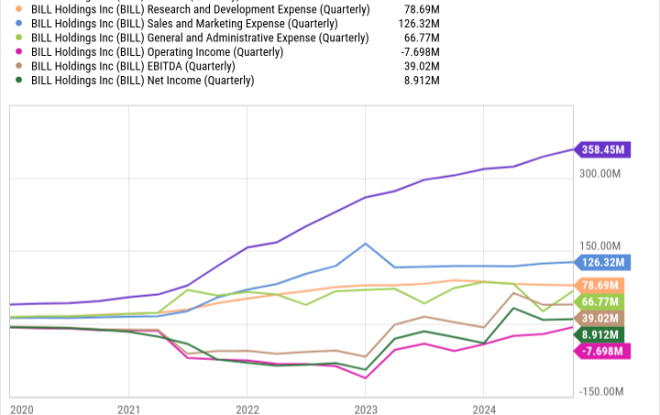2 Magnificent Stocks That I'm "Never" Selling
It’s very difficult to make money by conducting short-term trading. A multitude of difficult, if not impossible, factors to predict influence short-term stock prices.
However, buying strong businesses with solid long-term fundamentals should produce outsize long-term gains. It’s not easy since companies must adapt to changing environments, but these two stocks merit an investment for those with long-term views.
Start Your Mornings Smarter! Wake up with Breakfast news in your inbox every market day. Sign Up For Free »
Here’s a look at the two companies. While holding them “forever” may not prove practical, I feel confident that patient investors will be rewarded.
Costco (NASDAQ: COST) offers members value for an eye-popping array of merchandise and services via its warehouses and online. Often, its offerings are sold to shoppers in bulk.
Management continues to execute the company’s simple business very well. You can see this by looking at retention, which consistently hovers around 90%, and member growth. In the latest fiscal year, which ended on Sept. 1, Costco had a 90.5% worldwide renewal rate, and paid membership increased 7.3% year over year to 76.2 million.
The company implemented modest membership fee increases in the U.S. and Canada that went into effect at the start of September. Certain types of memberships went from $60 to $65, and Executive memberships increased by $10 to $130 a year. Since this was the first time it had raised fees in seven years, it seems unlikely members will push back, particularly given the value they receive.
Costco remains highly profitable. In the latest year, its operating income grew 14.4% to $9.3 billion.
The shares have richly rewarded investors over the years. In the last decade through Nov. 1, the stock has gained more than 560%, trouncing the S&P 500‘s 192%. The consistent profitability growth has resulted in a richer valuation than the overall market. Costco’s shares recently sold at a price-to-earnings (P/E) ratio of 56 compared to the S&P 500’s 31.
Since you plan on holding the shares for a long time, you could employ dollar-cost averaging, investing the same sum at regular intervals to smooth out your average purchase price.
Home Depot (NYSE: HD), the largest home-improvement retail chain with more than $150 billion in annual sales, remains an attractive destination for offers to homeowners and professional contractors. It offers convenience and a wide range of products and services.
Sales have been weak lately. Same-store sales (comps) have been negative, including -1.3% in the fiscal third quarter (ended Oct. 27). But that’s due to economic factors that have caused home sales to slip and homeowners to hold off on major projects. These factors include high interest rates that have raised borrowing costs. Existing home sales dropped 1% in September, and mortgage rates have been on the rise, with the 30-year fixed-rate mortgage reaching about 6.8% recently.




Leave a Reply